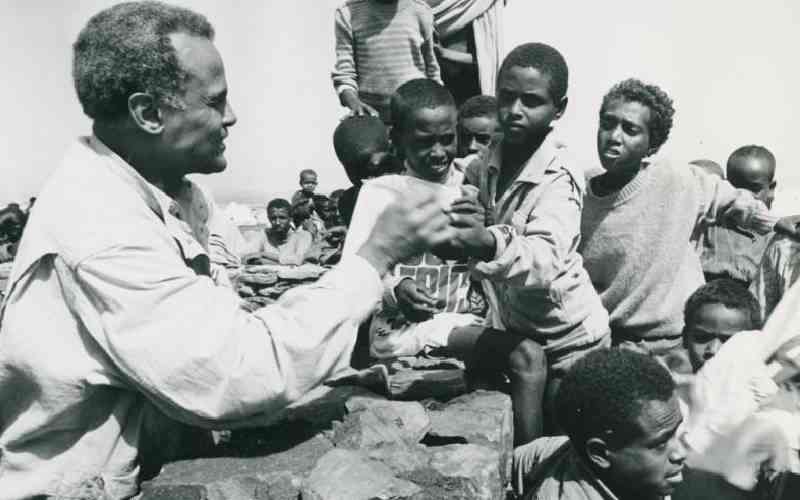
To all those who jammed to 'Jamaican Farewell', your time has come to give another generation, a chance to jam to more 'Jamaican farewells'. To those who found their purpose and served it, in part because of Harry's life's work, your turn to inspire the next generation if you are not doing that already, has come.
To those who joined the wave of democracy that swept the globe in the '80s and '90s in small measure due to the difficult work that Harry did with other civil rights leaders in the deep South, here is your chance. Light the torch for the future generations who are going to stand up to the anti-democratic forces.